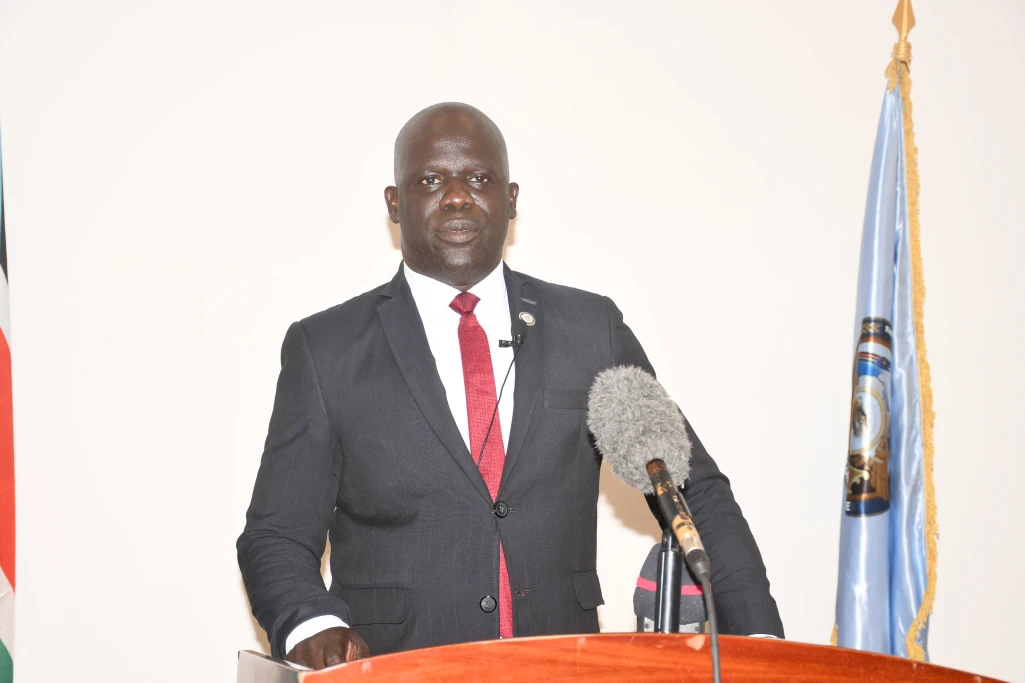
The National Security Service has rejected a report accusing it of state capture and grave human rights abuse in the county.
On December 2, The Sentry published a report that described the NSS as a ruthless, secretive, and well-funded government institution.
The report, titled “Undercover Activities: Inside the National Security Service’s Profitable Playbook”, shows that NSS personnel are involved in widespread, grave human rights abuses – including kidnapping, torture, and illegal detention without regards for basic human rights and personal rights of civilians laid out in the constitution.
It named James Gatdet Dak, press secretary of opposion leader Dr Riek Machar; Kanybil Noon, human rights activist; and Kuel Aguer, former governor of Northern Bahr el Ghazal, as some of the victims of the NSS “well-rehearsed playbook of repression”.
This goes against the transitional constitution, which provides for freedom of assembly, freedom from torture, and the rights to fair trial and litigation.
However, the NSS rubbishes the contents of the report, saying they are “false and inaccurate allegations against individuals and the work” of the institution.
“It relies upon third party sources for its information and the allegations it makes have not been independently checked and verified by its authors,” David John Kumuri, NSS spokesperson told reporters in Juba on Friday.
Two-pronged strategy
The Sentry report also alleged that the National security service has employed a two-pronged strategy of state capture and repression.
A two-pronged strategy is an approach that seeks to imbed ethical values at both the organizational level – which, in this case includes the organization’s leadership, and empowering employees at the individual level
It identified some senior officials as shareholders of a vast network of companies, ranging from media and publishing to natural resources and logistics.
“NSS personnel have occupied key posts in state institutions, and the NSS itself has had a role in approving private company operations in the lucrative mining and security sectors. In this way, the NSS has been able to access off-budget finances and diverted revenues, all while sidestepping oversight and operational scrutiny,” the report partly reads.
Some of the senior officials the Sentry identified include Ter Tongyik Majok, Deng Malual Leek, Akol Koor Kuc, Manasa Machar Bol, Akot Lual Arech, Jubek John Noel, and Kuac Atuer Wieu.
“The report is part of a wider ongoing campaign by The Sentry and its backers who seek to undermine the peace and security of the Republic of South Sudan,” John said, adding that he would provide a comprehensive response to the report.
The Sentry is an investigative and policy organization that seeks to disable multinational predatory networks that benefit from violent conflict, repression, and kleptocracy.